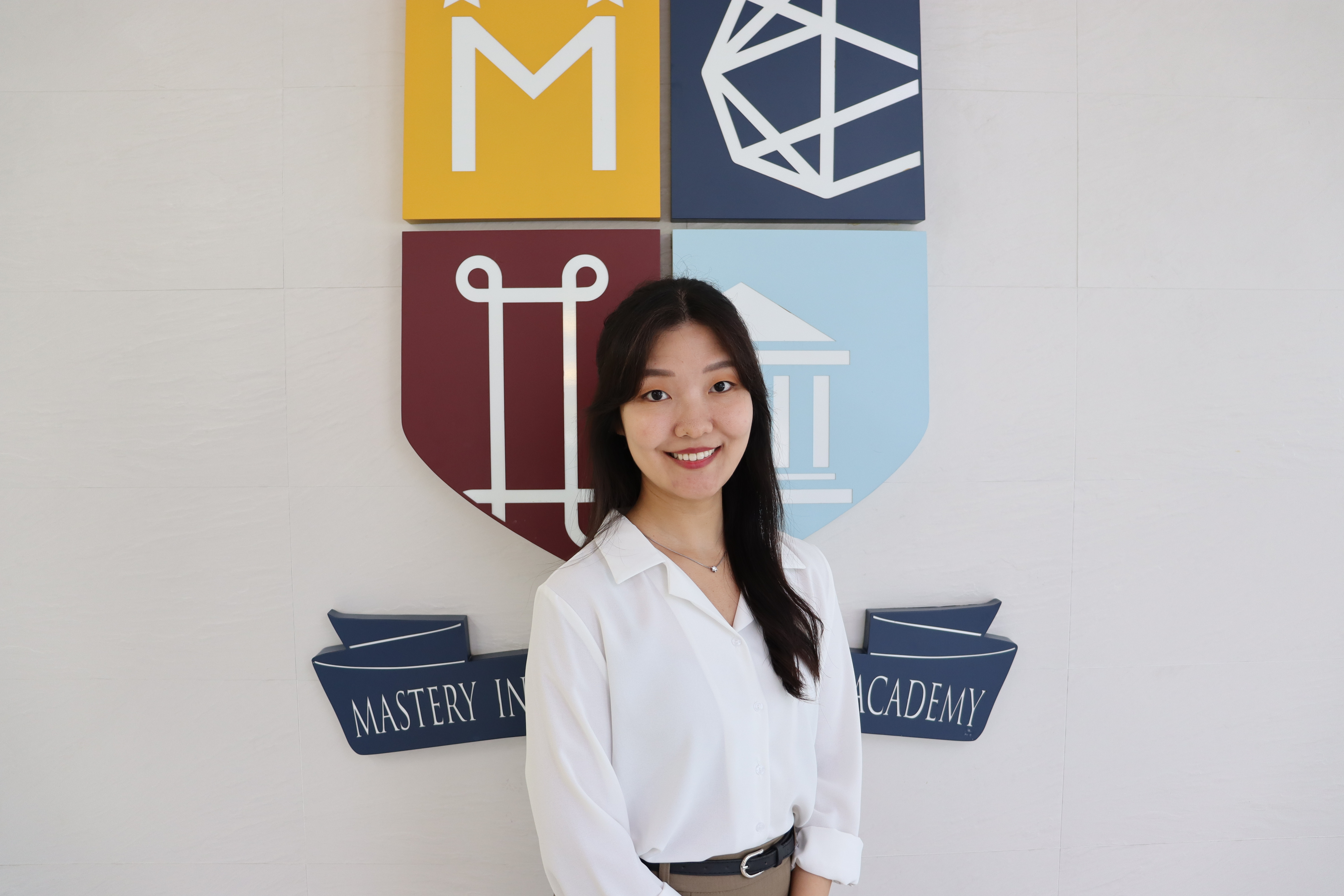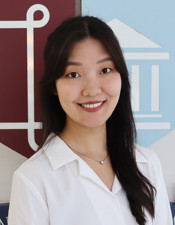
Q&A with MICA's Primary Headteacher
Hello! My name is Seika Kang, and I'm the current Primary Headteacher at MICA International Scholars. I’m happy to answer some common questions teachers often have about MICA. 1. How does MICA’s primary curriculum meet global standards for university entrance? The primary curriculum integrates global perspectives by incorporating activities that deepen students’ understanding of different cultures across subjects. We emphasize international-mindedness through primary program events such as the primary Exhibition: Culture Fair and projects about different countries through class activities. The Culture Fair allows students to immerse themselves in the customs, food, clothing, and language of various countries, fostering an appreciation for diversity and global interconnectedness. We prepare students to be open-minded, critical thinkers who are aware of global issues and connected to the world beyond their local context. 2. How are teachers helped and trained to grow as teachers within the primary curriculum? What kind of teacher support does MICA offer? Our primary program is committed to continuous professional development for teachers. We provide sessions to ensure they stay updated with best practices and innovations in education. New teachers are encouraged to engage in peer observation and feedback sessions with experienced teachers to learn from each other in areas such as classroom management, lesson planning, and effective teaching strategies. Collaboration and support among staff are integral at MICA, as we create a collegial environment where teachers feel valued, empowered to refine their skills, and grow in their practice to provide the best possible education to their students. 3. What skills and attributes do you find most valuable in primary teachers? The most valuable skills and attributes in primary teachers include patience, creativity, and adaptability, which allow for teachers to stay engaged in their role and model a love of learning for students. Teachers must be able to engage young learners with innovative and interactive lessons while maintaining clear boundaries and providing structure. Emotional intelligence is also crucial, as primary students require teachers who can identify their needs and respond with empathy. In addition, strong communication skills are essential for building relationships with students, parents, and colleagues. 4. What advice do you have for teachers to meet the expectations of students and parents? The key to meeting the expectations of students and parents is open, honest, and regular communication. At MICA, primary teachers have the opportunity to connect with parents during the Welcome Back Night and Parent-Teacher Conferences. Through these meetings, teachers should establish clear expectations from the start and engage in consistent communication with parents to share students’ progress and areas for growth. In addition, primary teachers use the ClassDojo digital communication tool to stay connected with the parents. Teachers should strive to create a positive and inclusive classroom where all students feel valued and supported, which in turn fosters respect and trust within the parents. 5. What professional development opportunities does MICA provide for teachers? MICA offers a range of professional development opportunities for teachers to enhance their skills in specific areas such as technology integration, differentiated instruction, and social-emotional learning. We also organize regular reflective practice sessions where teachers can evaluate their teaching methods, share challenges, and exchange ideas with colleagues. In addition, there is a focus on leadership development for teachers who wish to take on leadership roles or advance into administrative positions. 6. How can new teachers successfully adapt to MICA’s work environment and culture? For new teachers to adapt successfully to MICA's environment and culture, they should focus on building strong relationships with their colleagues, asking for feedback, and engaging in the collaborative opportunities that are available. MICA fosters a supportive environment, so new teachers should not hesitate to reach out for help when needed. New teachers should observe experienced colleagues and reflect on their own practices, using resources and professional development to grow. Most importantly, they should remain patient with themselves as they adjust as our community is always here to provide guidance.
